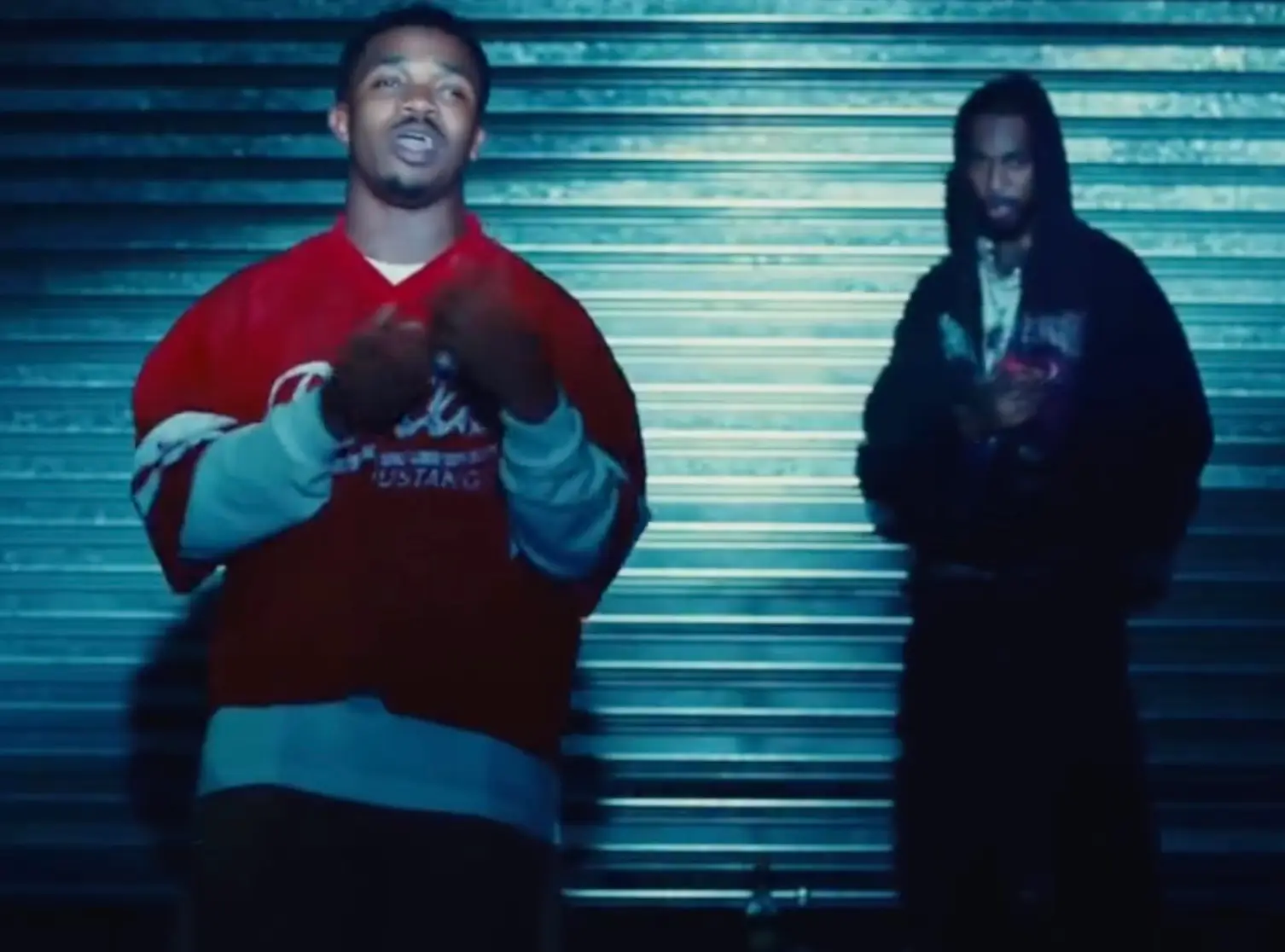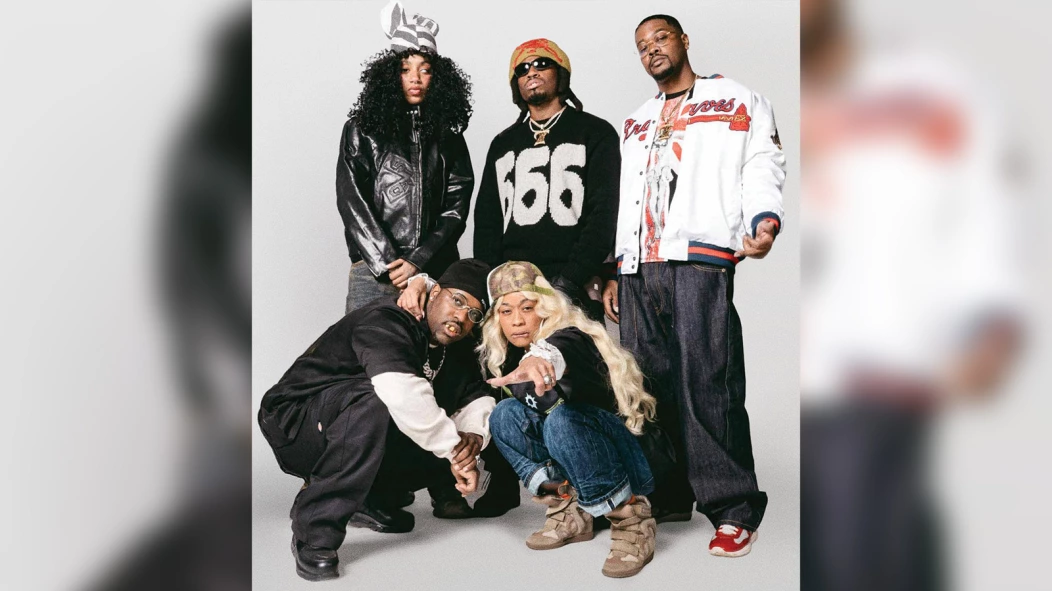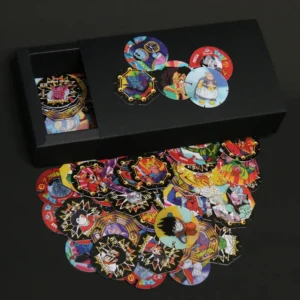In an era where rap is simultaneously more accessible and fragmented than ever, artists like Nettspend have carved out their own unpredictable niches. The teenage high school dropout, known for his audacious lyrics and self-destructive lifestyle, has quickly become a polarizing figure. Whether you view him as a cautionary tale or a symbol of youthful rebellion, his impact is undeniable. With tracks like “F*CK SWAG,” “nothing like uuu,” and “Shut Up,” Nettspend channels the chaotic energy of Gen Z, blending brash confidence with raw vulnerability. His music is as divisive as it is fascinating, embodying a culture that thrives on controversy and self-expression.
The Future Comparison: Drugs, Women, Lifestyle, or Aura?
On the standout track “Beach Leak,” Nettspend raps, “I feel like Future, but Gen Z,” a line that encapsulates his entire aesthetic in just a few words. Future, known for his hedonistic persona, emotional vulnerability, and melodic trap sound, has become an archetype for modern rap stardom. Nettspend’s invocation of the Atlanta superstar invites speculation—does he mean the drugs, the women, the reckless lifestyle, or something deeper? It’s all open to interpretation, a hallmark of his enigmatic persona. Fans might see the line as an assertion of his ambitions; critics might view it as another example of his derivative approach.
However, Nettspend’s artistry—while undeniably influenced by his predecessors—feels distinctly his own. The stripped-down beats, distorted vocals, and offbeat cadences capture the restless energy of a generation that lives online and in the moment. He embodies an era where clout is currency, where being different (or at least appearing to be) is the only way to stand out.
A Polarizing Figure: The Highs and Lows of Nettspend’s Persona
Your mileage may vary when it comes to a white, teenage high school dropout rapping about lean and fast girls. On one hand, it’s easy to dismiss Nettspend as another privileged outsider appropriating a culture he didn’t grow up in. On the other, his unapologetic embrace of the lifestyle—whether authentic or performative—has resonated deeply with his audience. Tracks like “Skipping Class” and “Shut Up” are packed with melodic intricacies and vocal inflections that hint at a deeper musical understanding beneath the raw, unfiltered exterior.
For those who are all in, Nettspend represents something larger than music: a chaotic, unfiltered reflection of Gen Z angst. His fanbase, the so-called “Nettas,” are among the most intense in the game, treating him with a near-religious fervor. Online, they flood comment sections and forums with sycophantic praise, echoing his lyrics as gospel and defending him against any criticism. At his shows, their energy is palpable, turning even the smallest venues into frenzied, mosh-heavy spectacles.
The Debut Project: BAD ASS FCKING KID
Nettspend’s debut project, BAD ASS FCKING KID, is a fitting introduction to his world: rough around the edges, erratic, and at times frustrating, but undeniably intriguing. The production veers between lo-fi distortion and crisp, radio-ready beats, reflecting the tension at the core of Nettspend’s appeal. He exists in a liminal space—too polished to be underground, too reckless to be mainstream.
Tracks like “Skipping Class” showcase his melodic instincts, with layered harmonies and earworm hooks that suggest commercial potential. Meanwhile, songs like “F*CK SWAG” lean into his punk-rap tendencies, with abrasive deliveries and rebellious lyrics that alienate as much as they attract. It’s this duality that makes BAD ASS FCKING KID such a compelling listen. It’s not an easy album to love, but for those willing to take the plunge, it offers a raw glimpse into a world of youthful chaos.
The Wasabi Factor: Love It or Leave It
Listening to Nettspend is a bit like trying wasabi for the first time: a small dab can expand your palate, but too much, too fast, can be overwhelming. His music doesn’t ease you in—it throws you headfirst into his world of reckless indulgence, late-night antics, and raw self-expression. This intensity is both his greatest strength and his biggest flaw. For every listener who finds his music exhilarating, there’s another who finds it exhausting.
Critics have pointed out the sometimes repetitive nature of his themes—partying, substance abuse, and teenage rebellion—but his fans argue that these elements are simply reflections of his reality. Whether or not that reality is sustainable is another question entirely. For now, Nettspend seems content to ride the wave of his own making, embracing both the chaos and the contradictions that come with it.
The Future of Nettspend: Where Does He Go From Here?
Nettspend stands at a crossroads in his career. He has the attention, the fanbase, and the raw talent to take his music to the next level. The question is whether he can refine his sound without losing the rawness that made him stand out in the first place. His next moves will be crucial—does he lean further into the chaos, or does he embrace a more polished, mainstream approach?
There’s a sense that Nettspend is still figuring himself out, and that’s part of the appeal. He’s a work in progress, a reflection of the restless energy that defines his generation. Whether he becomes a lasting force in music or a fleeting phenomenon remains to be seen, but for now, he’s undeniably a figure worth watching.
Impression
Nettspend’s rise is a testament to the power of raw, unfiltered expression in today’s music landscape. Love him or hate him, he’s captured something real—an unpolished, messy, and sometimes uncomfortable reflection of Gen Z culture. His music, like his persona, is unpredictable and unapologetic, and for better or worse, that’s exactly why people are paying attention. Whether he flames out or evolves into something greater, Nettspend has already made his mark.
No comments yet.








